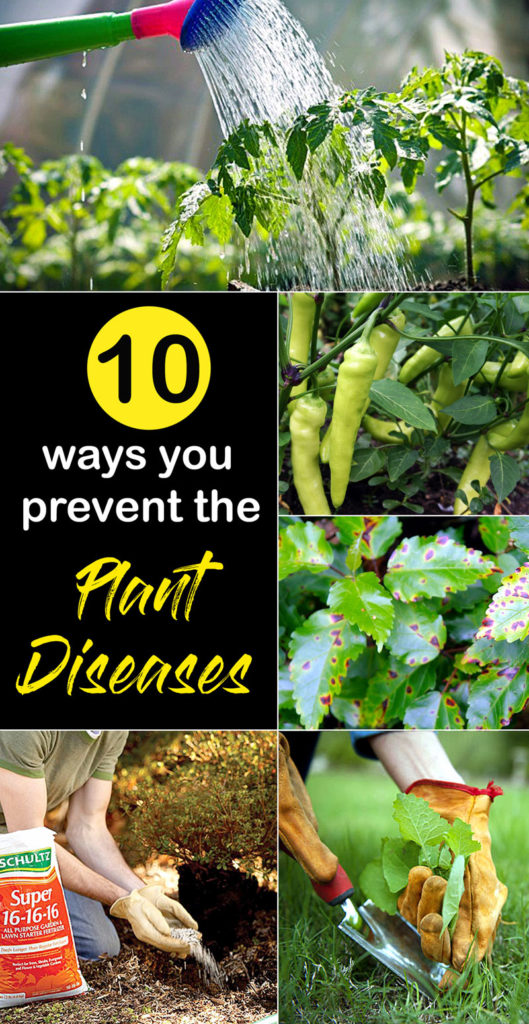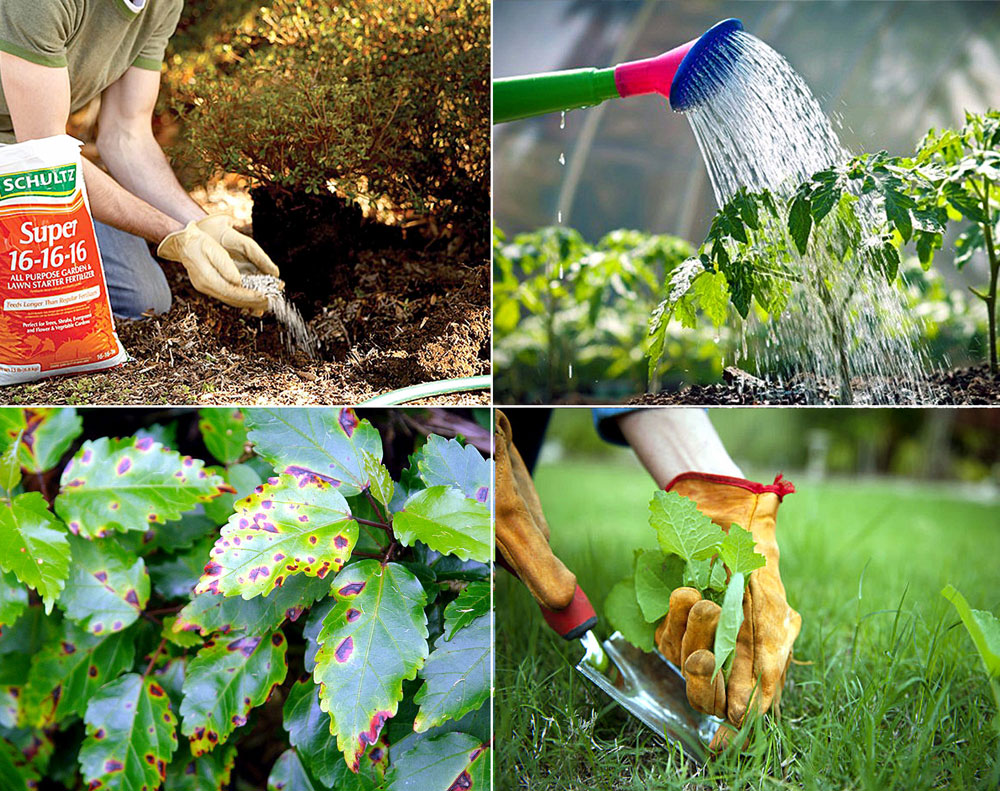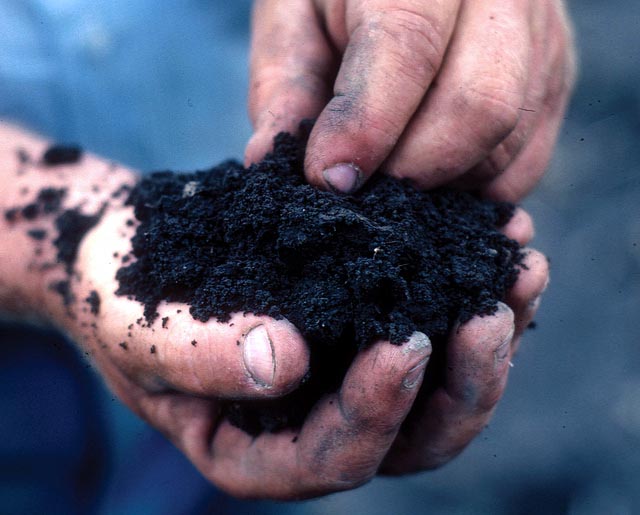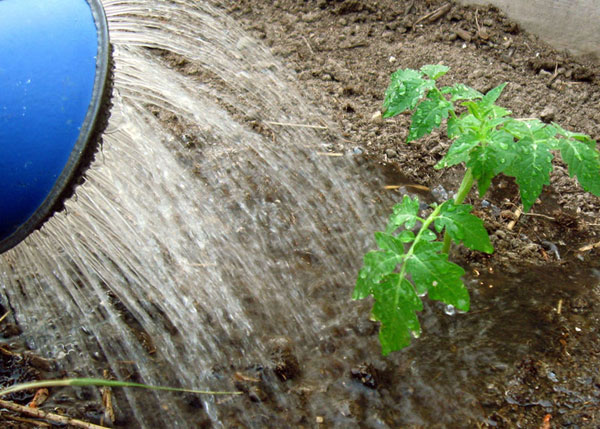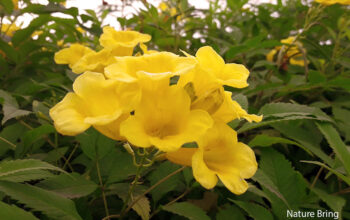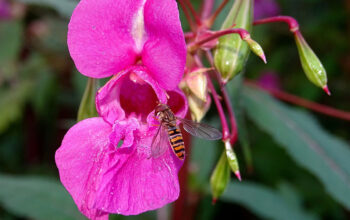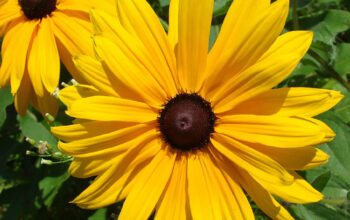Plant diseases
Learn How to control Plant diseases, Prevent the Plant diseases, Prevention than treatment, Crop rotation, Prepare healthy soil and more about the preventable disease. When our garden is flourishing, we are very happy to see it, it seems that hard work has succeeded. But if we accidentally suffer from any illness or nutrient deficiency or in our mistake, then we feel very sad. It is better to treat than prevention. Just as any kind of mistake in the human body, lack of nutrients, food, and lifestyle, our body gets sick. Is exactly like the plants. To prevent the plant diseases and create a healthy environment, it is necessary to follow these rules. Read more.
As we adopt our child, while preparing a suitable environment for him, Nature Bring gives you detailed information on how to keep your plant healthy and caring.
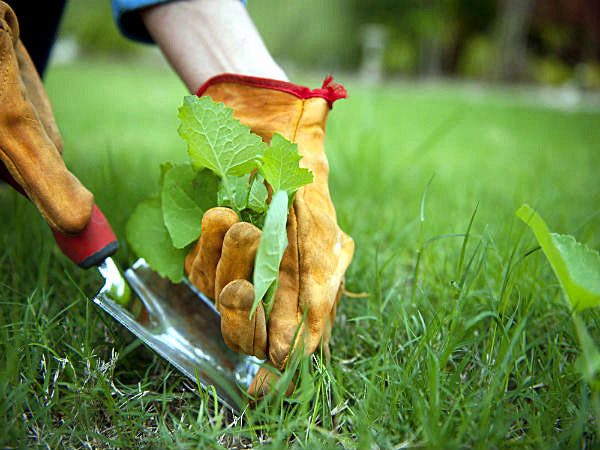
Think before Planting
Before you apply to plant in your garden, whether it is a vegetable, herb, flowers or houseplants, consider how long you will give your plant, your answer will be yes or no. If you do not have time according to your answer, then look for a plant that is resistant to disease. You can take care of these plants easily.
Before buying your colorful flower plants for your garden, you must consult with the local nursery. You discuss them about plant disease and prevention. Prepare for you to prevent plant disease.
Prevention than treatment
Prevention than treatment is very easy. This is true in a way because it also affects our health and life somewhere. Careful and regular care is necessary for the health of the garden plant. It is also necessary to create the necessary environment for the health of the plant. In this post, we are telling you that if you keep regular care and some essential things, Plants will get less sickness and a healthy environment.
1. Prepare healthy soil
Compared to treatment, it is very easy to prevent. It is influenced by our life in the same way as we know that by eating a lot of sugar, we become diabetes and if the body is given less sugar and regular exercise, it is less likely. Similarly, any type of organic farming or a healthy garden is not possible without healthy soil. Healthy soil means biological life in it.
There are many microscopic worms and organisms found in your soil, which make the soil better. But do you know these micro-crackers also need food? For its food, you should use fruits and vegetable peels, organic manure or ground up seeds. If organic compost is given in the soil, then it breaks down quickly in the soil and encourages earthworms (see more).
2. Watering an important aspect
Watering is an important aspect to keep a garden plant healthy. Knowing agriculture always emphasizes the drip irrigation system more than overhead watering or sprinkler. There is a great reason for it that at least 50% of water is wasted due to vaporization from overhead watering or sprinkler. Plants are completely wet with overhead watering or sprinklers, and due to wetting the leaves increases the likelihood of fungal diseases and infection spreading in the leaf. If you do this spraying, then do it early in the morning because after the sun comes, the amount of water on the leaves will be lost and the chances of those diseases will not be there. (Find it more).
3. Follow clean practices
This is most important for your vegetable garden. Clean practices mean the tree-planting debris, the separation of dead plants, the elimination of weeds, and the separation of diseased leaves and twigs of the plant, due to which the plants may be affected again in the second year. Do not compost the diseased leaves and twigs, instead of compost it, put it in the warm compost heap. These types of piles are much better to die.
4. Choose resistant to disease species
These are species of plants that are resistant to worms and diseases such as Verticillium Wilt, Dutch elm disease, apple scab, anthracnose, and many other Plant diseases. You will feel much relieved by the selection of such species.
5. Crop rotation
There is a lot of crops that require rotation, Because of the foil of the insect till the Giving Season from the Growing Season and to prevent the formation of the disease can be avoided. This is the number 1 remedy for the vegetable garden. It includes tomatoes, potatoes, pepper, eggplant, (Solanaceae family) Onions, garlic, chives Allium genus and cabbage, broccoli, cauliflower, turnips, rutabagas, radish, mustard, kale etc. (Brassicaceae family) The crop should be rotation necessary. First, make the plan in which bed the crop is growing And what bed is to grow in the next season. Crop rotation helps in preventing diseases such as fungal diseases and eliminating kites in vegetable gardens. Read more.
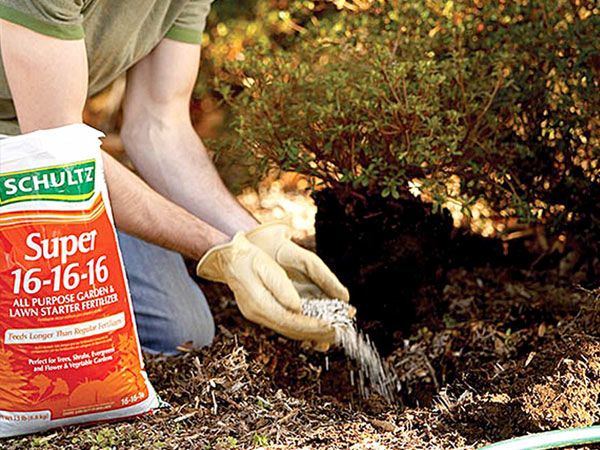
6. Fertilizer is necessary to keep the plant healthy
To keep the plant healthy, it is necessary to have adequate manure. Yes, but the over fertilizer is harmful to the plant. Much of these fertilizers increase the plant, but it does not produce flowers and fruits. Similarly, new growth of plants attracts insects and diseases. According to the instructions on the packet or according to any horticulturist, when and how to use fertilizer from time to time. Healthy plant resistance is high, which protects against many Plant diseases.
7. Give your plants water in the morning
You set out the program to water your gardens or plants in the morning. Moist, excessive wetness and cool environment invite fungal diseases. When giving water in the evening or later, the leaves of the plants remain wet, giving them a good chance to start these Plant diseases. The best way to do this is to give water early in the morning and let the plants dry completely.
8. Mulches are useful
Maintaining moisture in the soil is very useful for the health of the plant, it helps to reduce the weeds. Its biggest advantage is to keep the garden free of disease. This prevents soil-borne fungus from flourishing due to spraying on the leaves of the plant. This disease in roses relieves the problems of “black spot”. If you have black spots on your rose leaves, then in the spring, you should lay the mulch around the bus, it will help you overcome this disease.
9. Proper air circulation
“Powdery mildew” is a common disease in the plant, it spreads very fast. It changes the leaves of the plant in brown color, then leaves dry up and eventually the plant dies. These types of Plant diseases are caused by poor air circulations. Therefore, do not plant near the wall anytime and avoid the planting dense. Well, there are many organic remedies available to remove it, so you can easily get rid of it. Milk and baking soda are quite effective for this. For more information, please review our old post.
10. Regularly monitor the plants
Regularly monitor the plants in your garden. If you see any insects in the plants, treat it immediately. Because many insects are such that the disease spreads rapidly from one plant to another, such as aphids. Use insecticide as soon as you see any kind of insects.
Read also: How to improve Garden Soil. Pointed gourd cultivation. How to grow Curry leaves in containers. Enjoy Gardening and stay fit and healthy. How to use Hydrogen Peroxide in the garden. 6 Stunning effects of Milk in the garden. Container Gardening. How to get rid of Slugs. DIY Low budget gardening ideas.
Happy gardening.
For Pin:
